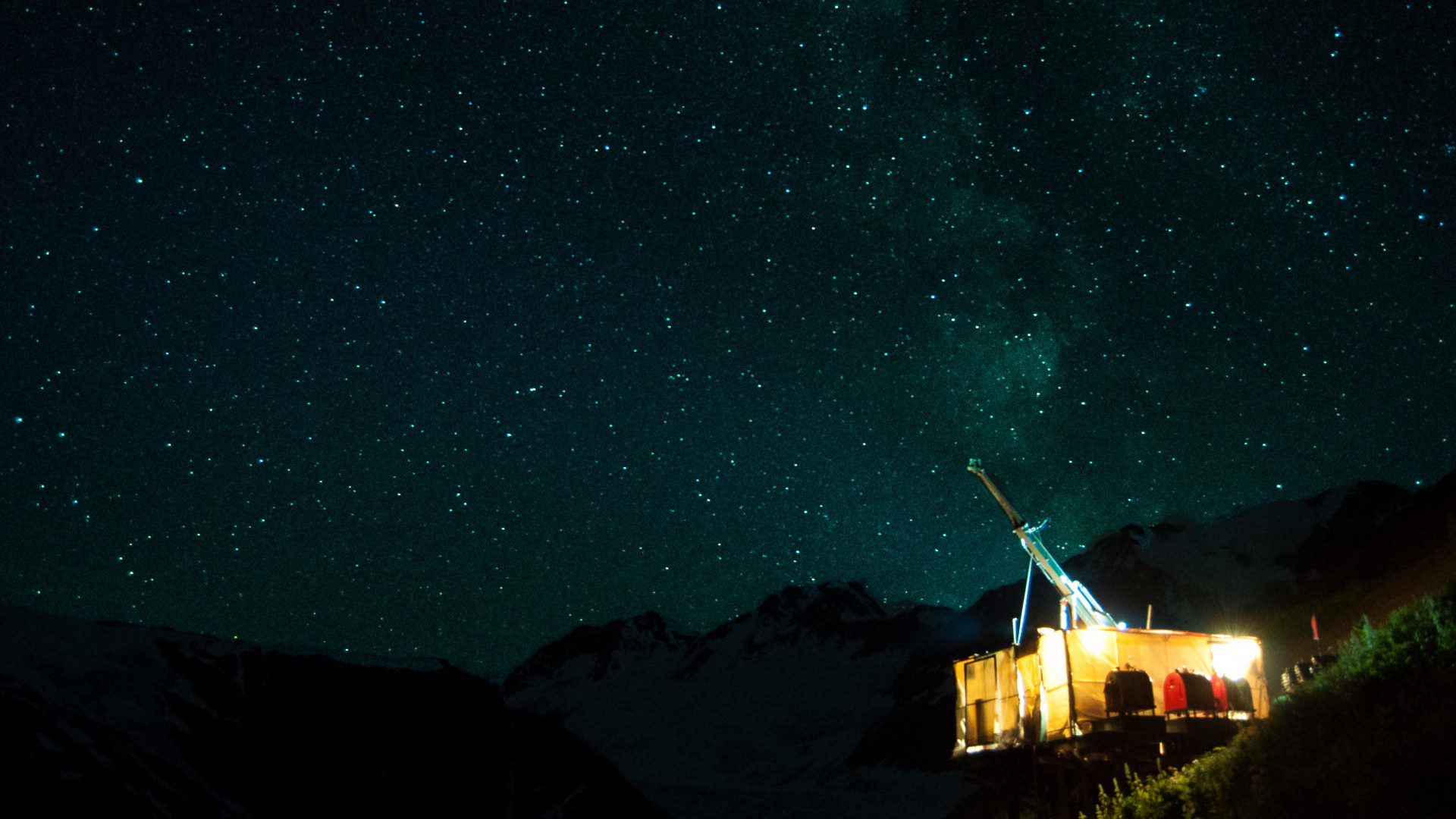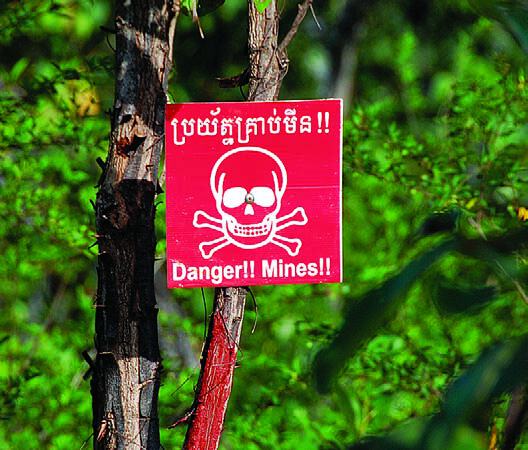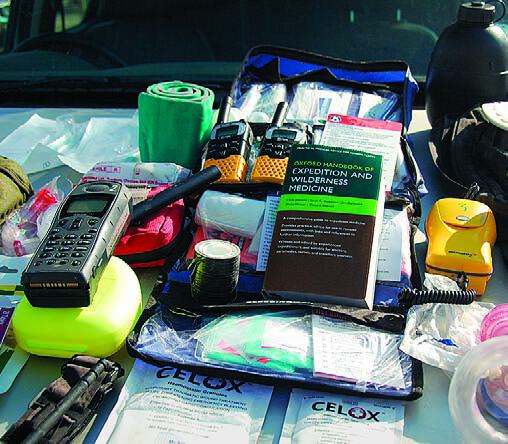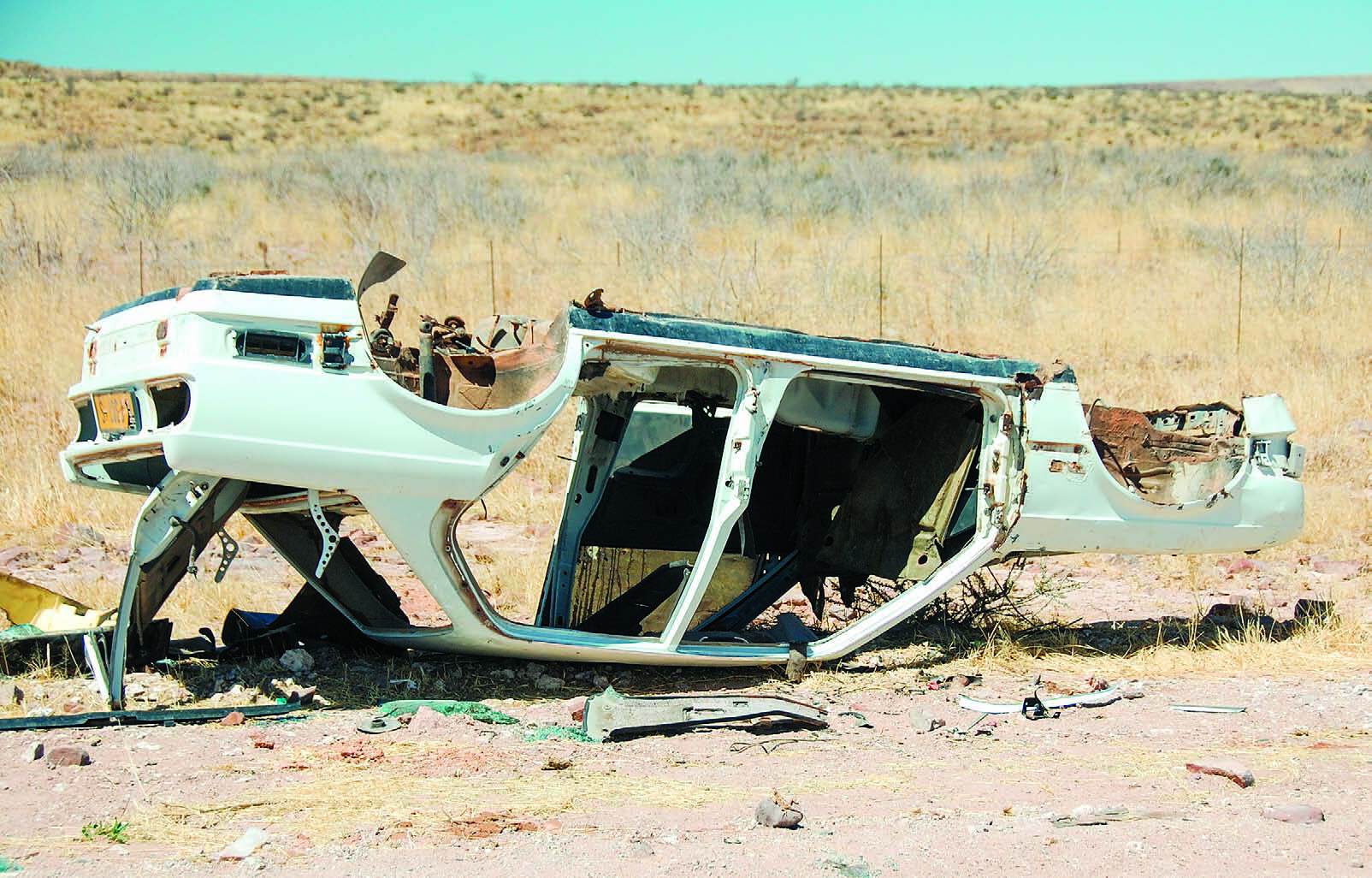
At the time of writing this article, I have just returned from the field, serving as a member of my local search and rescue team – so the hazards of the field are fresh in my mind when putting pen to paper or finger to keyboard.
I delivered a short presentation at an AME BC safety workshop in 2013. The two-day seminar/workshop was excellent, featuring experienced speakers and delegates who shared some tragic stories of injury and death. The workshop was designed to prevent such tragedies happening again. The focus of my presentation was my area of expertise: overseas safety (in this case, for exploration staff operating outside Canada) and showing how incidents commonly occur and how best to train staff appropriately.
I hope that you, your staff and your colleagues are already as safe as can be when operating overseas. But we can always improve. Safety practices advance all the time, and keeping up to date is part of satisfying your legal duty of care and moral obligations.
Surely what happens overseas can’t impact me here?
In most developed nations, there is legislation requiring employers to ensure the safety of their employees and of visitors to their premises. Extending above and beyond that – certainly in common law jurisdictions – the legal “duty of care” concept, in negligence, extends this further.
In Canada, Bill C-45, or the “Westray Bill,” was created as a result of the 1992 Westray coal mining disaster in Nova Scotia in which 26 miners were killed after methane gas ignited, causing an explosion. In section 217.1, the bill, now law, states, “Everyone who undertakes, or has the authority, to direct how another person does work or performs a task is under a legal duty to take reasonable steps to prevent bodily harm to that person, or any other person, arising from that work or task.” This legal obligation extends to staff operating overseas. Similarly, in many jurisdictions outside Canada, there is well-established case law attaching liability to companies in their own jurisdictions for safety failings that have impacted their staff when deployed overseas – from unsafe workplaces to tropical illnesses for which the company did not explicitly communicate the risks and prevention techniques to staff. The arguments for implementing and monitoring safety systems are numerous and compelling. Safety systems minimize the number and extent of incidents, which saves human lives. And beyond the moral and ethical obligation, minimizing the occurrence of incidents also saves companies from significant business interruption, legal costs and severe reputational damage arising from the inevitable investigations, criminal prosecutions, civil cases and press coverage that follow. (Look at the reputational and financial damage BP suffered as a result of the Gulf of Mexico disaster.) Not to mention the subsequent recruiting difficulties, loss of co-operation from local populations, lost profits from project interruption and lost licences, to name but a few.
As EasyJet founder Stelios Haji-Ioannou famously said, “If you think safety is expensive, try having an accident.”
Is there really a problem?
The exploration sector generally has a good safety record, but remote locations complicate initial responses and emergency backup takes time to arrive on the scene. In some cases, help can be days away. For incidents within Canada, the Canadian Mineral Exploration Health & Safety annual reports provide a wealth of information, highlighting that most incidents are the usual slips and trips, machinery-related accidents, and fieldwork incidents – useful data to inform safety systems. Regarding overseas fieldwork, many companies jealously guard their safety and accident data.
In preparation for delivering my presentation in March of 2013, I wanted to use recent examples. I quickly discovered case studies from the start of the year (i.e., a three-month period) of half a dozen geologists being kidnapped (including employees of Canadian mining companies) in various locations around the globe and staff dying of electrocution as a result of inadequate accommodation safety.
What follows is a short list of sector-related incidents, and they are instructive:
- A geologist died of heat stroke, having become disoriented and unable to find his vehicle. He didn’t know how to do a spiral search or use his GPS to log the vehicle location before wandering into the field, nor did he have a satellite phone or basic survival training and gear.
- Geologists were stranded in freezing conditions when their car broke down miles from nowhere without adequate survival gear and training.
- Following an ATV accident, site staff – not having first-aid training – simply put the individual in a pick up truck and drove him several hours to hospital, taking no spinal stabilization precautions.
- A worker’s fall from a cliff in a remote area proved fatal. The coroner vilified the company in question for failing to have satellite phones and EPIRBs (the company had only a VHF radio).
- Staff travelling in China were arrested and fined US$10,000 per person for carrying a GPS together with topographical maps of the country; similarly, workers were arrested for bringing a satellite phone into India.
New tech for safety and survival
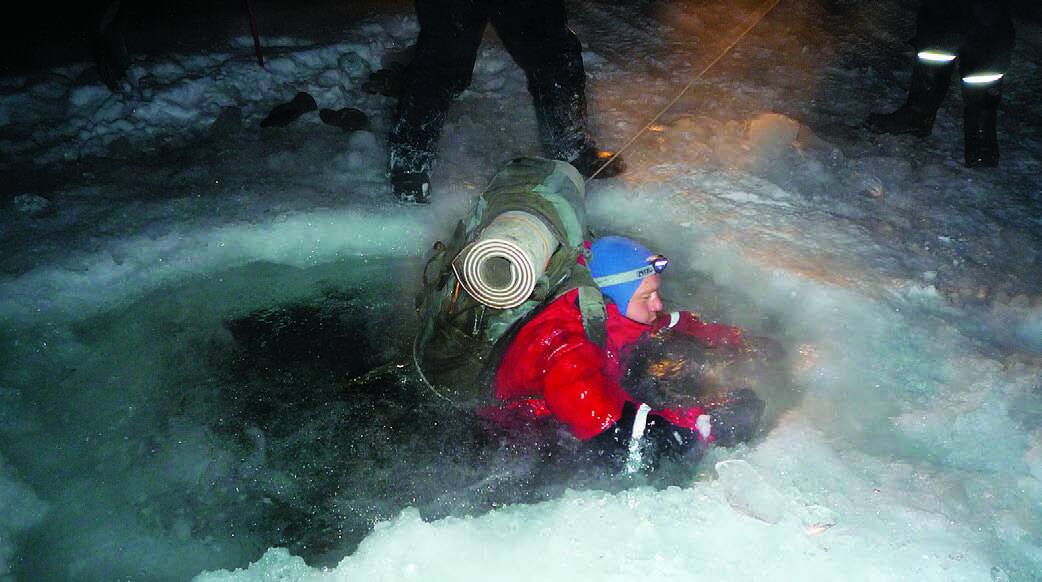

The Iraq and Afghanistan conflicts have seen huge developments in medical technology for the use of front-line troops, such as combat application tourniquets and hemostatic powders such as CELOX (some impregnated into gauze for packing wounds). Inexpensive and easy to operate, this kit is widely available to civilians. Yet at AME BC’s safety workshop, it appeared that this technology was new to most of the delegates – including wilderness first-aiders.
“In the first 10 years after leaving university, five of my course mates were dead and two of them kidnapped.” —mining engineer in Vancouver, February 2013, talking about his colleagues who worked as geologists in remote locations in the developing world
It is essential to keep on top of these developments and ensure that training is appropriate and up to date. As an example, in February of 2013, the Royal College of Surgeons of Edinburgh indicated that, in its view, any front-line civilian medic failing to use tourniquets to staunch traumatic bleeds would be negligent. Now ask yourself the question: Do you know how to use tourniquets or hemostatic powders?
Keep your staff safe
Remember that you have a “duty of care” for staff members travelling overseas.
- Ensure that you undertake a thorough risk assessment for the destination country, covering health, political and other issues. Hold pre-departure briefings for staff that include relevant information about travel health, tropical medicine details and vaccinations or other preventive treatments.
- Provide basic travel safety and personal security training, as well as first-aid training and kit appropriate to the purpose of the trip.
- Have a system in place for monitoring updates from and communicating with staff overseas.
- Have travelling staff register with their government’s traveller registration service when abroad. The Canadian, U.S., U.K. and other governments will update registered travellers if there is an emergency at home or in their travel region.
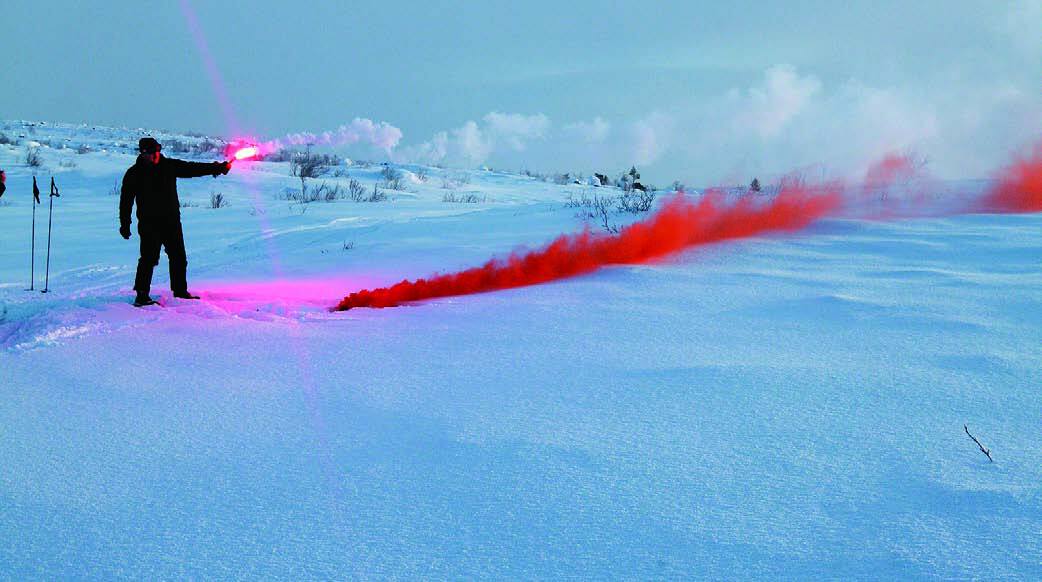
Finally, a recce trip is highly beneficial to scope out the project and inform the risk assessment for the arrival of the wider project team – remember to apply the same safety standards to members of the recce team.
